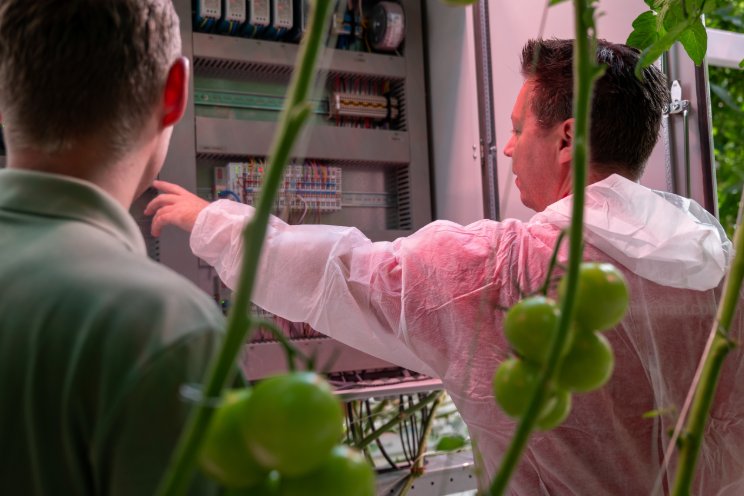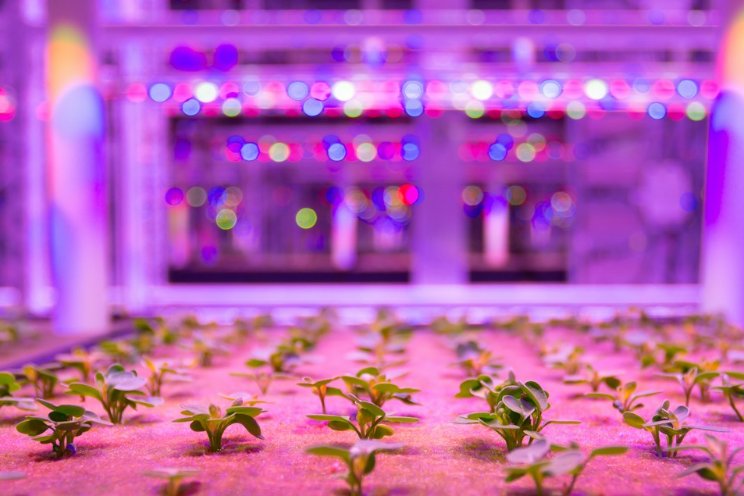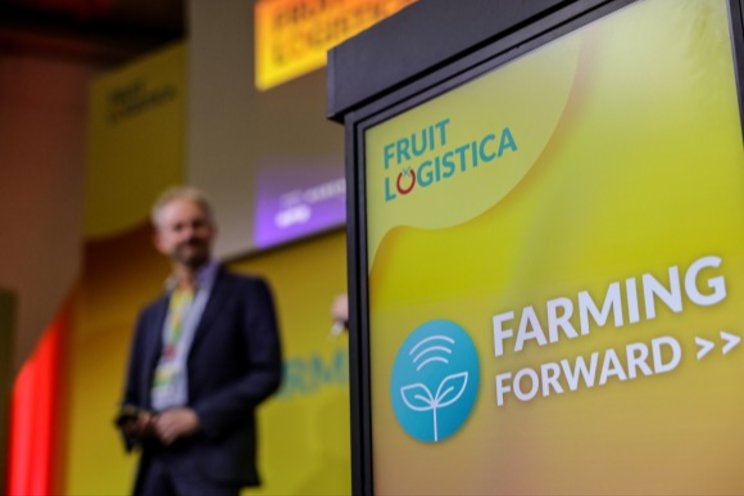GM crops could significantly reduce greenhouse gas emissions
Added on 10 February 2022

Agriculture accounts for around 25% of all greenhouse gas emissions worldwide. A large share of these emissions is due to livestock production and fertilizer use. However, more than one-third of agriculture's emissions is caused by land-use change, especially the conversion of forests and other nature reserves to agricultural land in order to satisfy the rising global demand for food and feed.
"Using better technologies to increase crop yields on the land already cultivated could reduce this land-use change and the associated emissions," says study author Matin Qaim, director of the Center for Development Research at the University of Bonn.
Certain types of genetically modified crops - such as GM maize and soybean - are widely grown in other parts of the world, but hardly in Europe. "The main reasons are public acceptance issues and political hurdles," says Qaim.
In the new study, he and his colleagues from the Breakthrough Institute used global agricultural data and estimates of the yield effects of GM crops to model how increased technology adoption in the EU would affect production, land use, and greenhouse gas emissions. The estimates suggest that more widespread use of genetically modified crops in the EU could prevent the release of 33 million tons of CO2 equivalents, which corresponds to 7.5% of the EU's total annual greenhouse gas emissions from agriculture.
Click here to read more.
Photo by Dan Meyers on Unsplash
Source: Ag News
More news















